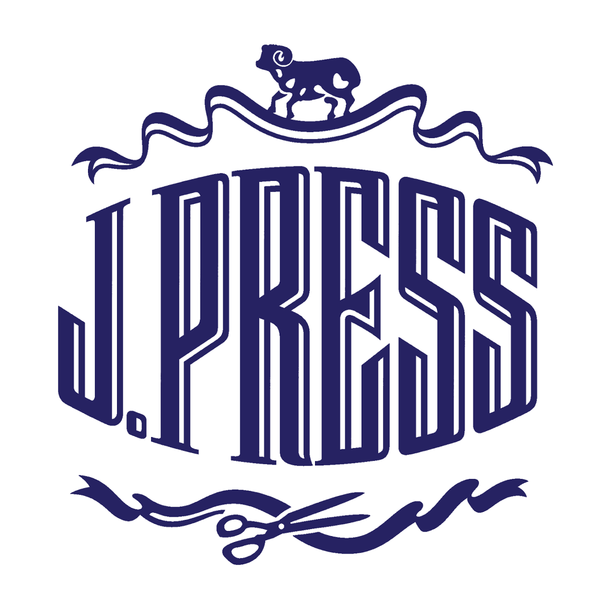On July 28th 1943 President Franklin D. Roosevelt delivered a fireside chat to the nation that defined the GI Bill of Rights. The legislation forthrightly declared, “An opportunity for members of the armed forces to get further education or trade training at the cost of the government.”
As a youngster growing up in New Haven, I well remember the hordes of GI vets parading along York Street in their well-worn GI khaki trousers often garnished by Blue Blazers or Shetland Tweed Sport Coats (many purchased favorably off-price at J. Press sale time) garnished with Oxford Cotton Button Downs and in the know Repp neckties.
The Fence Club, DKE and Skull and Bones crew hoisting cups at the tables down at Mory’s added finesse including their maniacally brushed natural color Shaggy Dog Shetland sweaters in the mix. Historical note: when I entered the then family business in 1959, the “Natural” shade Shaggy represented 50% of the then 12 color Shaggy Dog selections.
The enclosed column picture displays yours nearly three-quarters of a century later ensconced in khaki at the current 44th Street NYC J. Press Headquarters (appropriately adjacent to the Yale Club) a poor little lamb lost on a shopping spree doomed from here to eternity.
For those who defy blue jeans, J. Press retains an exuberant bounty of Khakis, from Tan Corduroys to classic or trim fit GI chinos.
The Boogie Woogie Bugle Boy Of Company B
RICHARD PRESS


7件のコメント
Although it was Lexington, VA and Washington & Lee, you aptly described my father and the hundreds of other veterans pursuing a college education and /or a law degree. The vast majority of them were on the G. I. Bill. Unfortunately for the many, there was no J. Press in tiny little Lexington. They had to settle for Earl N. Leavitt in a closet of a store on West Washington Street. How often my father reminisced fondly when everyone aspired to look like a gentleman. I haven’t heard the word “Repp tie” since my dad last mentioned it. Or, maybe many years ago before Marty Noville (sp) retired.
In my father’s Greatest Generation of boys—Willie, Walt, Eddie, Sonny, Otto, and Ritter—it was only Ritter, the Navy man, who wore starched and pressed khakis when he came home from the War and for the rest of his life.